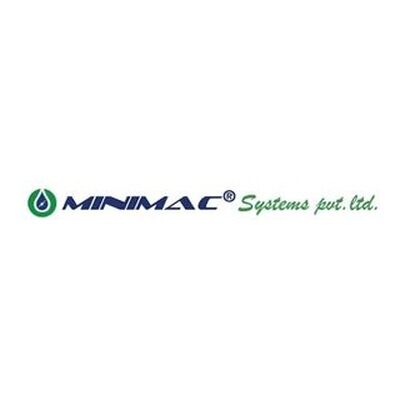Functions of hydraulic oil and the reasons of its contamination
الجسم
There are four basic functions of hydraulic oil :-
-
To act as an energy transmission medium
-
To Lubricate internal moving parts of components
-
To act as a heat transfer medium
-
To seal clearances between moving parts
If any of these functions is impaired, the hydraulic system in the equipment/rigs will not perform as designed. The resulting downtime can cost a lot in Dollar and increase the operating cost for any rig/operations on field.

Hydraulic fluid is expected to create a lubricating film to keep precision parts separated. Ideally, the film is thick enough to completely fill the clearance between moving parts. This condition results in low wear rates. When the wear rate is kept low enough, a component is likely to reach its intended life expectancy.
1. fluid viscosity
2. applied load
3. relative speed of the two surfaces
What harm will the contaminants make?
What are the types & sources of Contamination?
1. Built-in Contamination
2. Natural Contamination
3. Ingressed Contamination
4. Generated Contamination
While the first three types of contamination is self-explanatory, there is the further classification of generation contamination on the basis of how it is generated:
1. Abrasive Wear: Hard particles bridging two moving surfaces, scraping one or both.
2. Cavitation Wear: Restricted inlet flow to pump causes fluid voids that implode causing shocks that break away critical surface material.
3. Fatigue Wear: Particles bridging a clearance cause a surface stress riser that expands into a spall due to repeated stressing of the damaged area.
4. Erosive Wear: Fine particles in a high-speed stream of fluid eat away a metering edge or surface.
5. Adhesive Wear: Loss of oil film allows metal to metal contact between moving surfaces.
6. Corrosive Wear: Water or chemical contamination in the fluid causes rust or a chemical reaction that degrades a surface.
Are contaminants visible with naked eye?
Particle sizes are generally measured on the micrometer scale. One micrometer (or micron) is one-millionth of one meter, or 39 millionths of an inch. The limit of human visibility is approx.. 32μm micrometers. Keep in mind that most damage-causing particles in hydraulic or lubrication systems are smaller than 14μm micrometers. Therefore, they are microscopic and cannot be seen by the unaided eye. To put the sizes in perspective, below are the sizes of some known objects.
Hence filtration of hydraulic oil is of prime importance. Minimac System provides an array of the solution in this regard. What we also do is filter check via our experts for any of your rig/equipment.
At Minimac Systems we offer Flushing Services and Filter Check Services which ensure a clean system including oil tanks and lines. Book an appointment with our technical expert by clicking on https://www.linkedin.com/company/minimacsystemsprivatetlimited or call +91 8975150700
Like, Comment, Share this article to spread awareness and sensitize the reader for Zero Mechanical Breakdown.










تعليقات